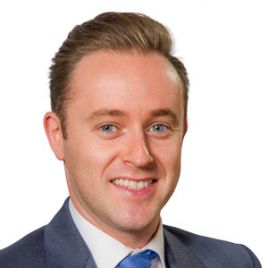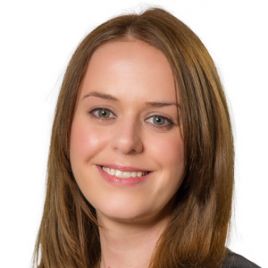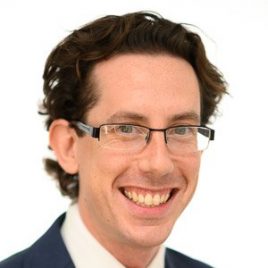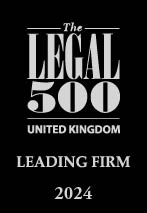What can I do if I have a claim against the Jehovah’s Witnesses?
For many years now, Bolt Burdon Kemp have been acting for of abuse and assault committed by members of Jehovah Witnesses.
If you have been abused or assaulted by a member of the Jehovah Witness you may be entitled to compensation. You can contact our specialised team, who may be able to assist you in making a claim. We will listen carefully to your concerns and will give you some provisional legal advice. If you decide to instruct us we will investigate your claim and put a strategy in place to resolve your claim as quickly as possible.
In order to make a successful claim we must be able to show:
- That the abuse took place: If the person has been convicted of the offence this will be very straightforward. If not, Bolt Burdon Kemp will help prove that the abuse or assault happened. We will take a supportive statement, obtain expert evidence and secure any documentation that will help us prove your case.
- That the claim has been brought within the specified time limit, or that the time limit should be waived: This limit is three years from the date of abuse or assault or knowledge of it. In many cases brought by survivors, the time limit has already passed. Bolt Burdon Kemp is very experienced at persuading the court to waive this time limit to allow the claim to proceed.
- That the survivor has suffered harm and should be awarded compensation: Our team will work with expert psychiatrists to show the impact that the abuse or assault has had on the survivor in addition to obtaining witness statements from the survivor and their friends and family. We will use all this evidence to obtain the highest level of compensation possible.
We understand the difficulties faced by the survivors of abuse and assault by members of the Jehovah’s Witness in seeking justice. We will approach each case with great sensitivity and we will provide excellent client care.
We understand that some people may find it very difficult to talk about what happened to them. Some may still see their abuser or other members of their congregation on a daily basis. Some may rely on their religious community for social and spiritual support. Some survivors may feel intimidated by their abusers, who may still be in a position of power and authority over them.
We know money doesn’t make up for what happened, but it can help you to move forwards and heal. We will always seek to secure compensation that allows you to have any private counselling or treatment that you need.
We offer a personal service, so you can choose whether your solicitor is male or female and you can contact them at any time. We will also assess your potential compensation claim for free, and work with you to fund any action you decide to take.
We understand exactly how difficult it can be to talk about extremely traumatising experiences. You can be sure that we will work tirelessly to secure compensation for you, so you can try to move on with your life.
Barry Congregation of Jehovah’s Witnesses v BXB
We represented the Claimant in the prominent case of Barry Congregation of Jehovah’s Witnesses v BXB, where the Supreme Court decision confirmed that Elders are akin to employees in Jehovah’s Witnesses abuse case.
This particular judgment concerned the abuse of an adult member of congregation who suffered a traumatic sexual assault at the hands of an Elder, Mark Sewell. Mark was convicted of raping the congregation member, as well as being convicted of indecently assaulting two other people, in 2014. The survivor was an adult when the abuse occurred, and the abuse occurred at Sewell’s home, rather than a Jehovah’s Witness venue.
The Supreme Court confirmed that, for the purpose of applying the principle of vicarious liability, Elders are akin to employees in the Jehovah’s Witnesses. This provides clarity to cases involving abuse committed by volunteers, not only in the Jehovah’s Witnesses but other religious organisations too. The finding therefore supports all survivors who have been abused by someone in a position of authority within a religious setting. It also, on a broader note, confirms that volunteers can be akin to employees – which is applicable in a broad range of circumstances where abuse will often be closely connected to an assigned role. This is important, as in many cases those who carry out abuse do have an assigned role which means they’re very closely connected to the survivor – for example doctor/patient, teacher/pupil, leader/scout.
By establishing that organisations can be held vicariously liable for people in positions of power but on an unpaid or voluntary basis is a truly important and welcome development and an undeniable victory for all survivors of abuse who have had a similar experience. It is vital that the legal landscape continues to be challenged in respect of the laws and principles that are applied to survivors of abuse so that they are able to access the justice they deserve.
A full press release can be found here.

















